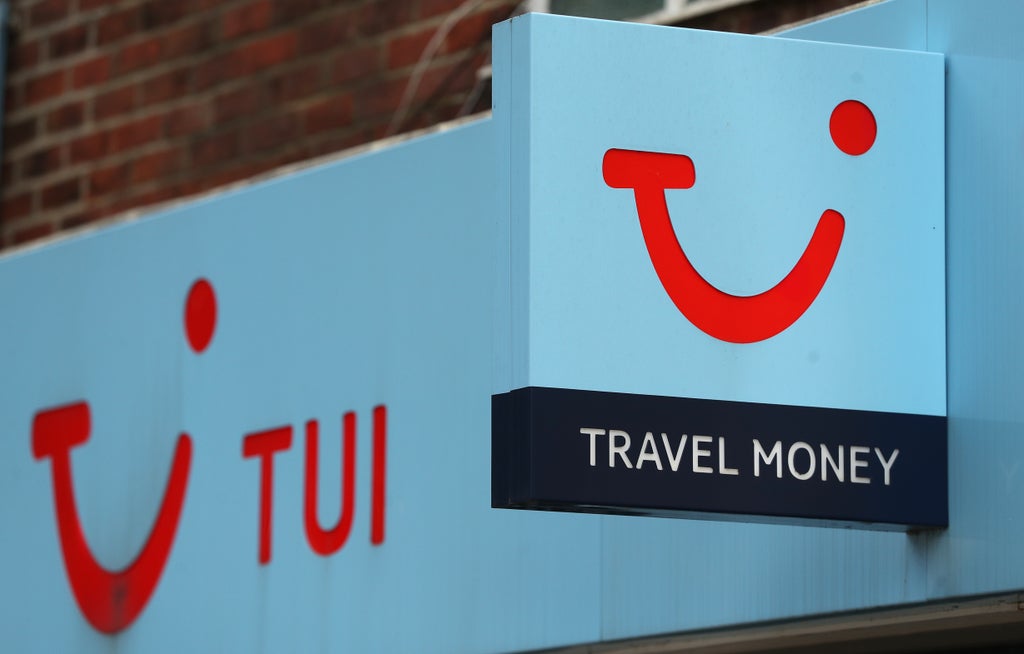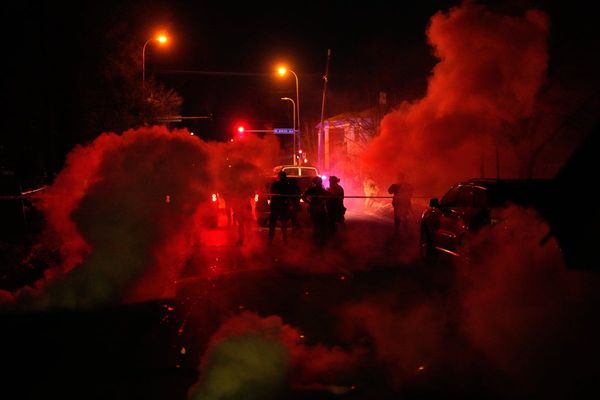
Holiday giant Tui has said bookings in Europe have been “largely unaffected” by the Russian invasion of Ukraine as it revealed summer demand is at 80% of pre-pandemic levels.
The company said it has now “steered safely” through the impact of the pandemic and will start paying back rescue loans from the German government and private banks.
It will return 700 million euros (£590 million) worth of credit lines on April 1.
Tui received three separate bailout packages, totalling almost 5 billion euros (£4.2 billion), during the pandemic as it sought to withstand the toll of travel restrictions and weak customer demand.
Group chief executive Fritz Joussen said: “Thanks to the credit lines from the German federal government and from the private banks and the contribution of our shareholders, we have steered Tui safely through its most serious crisis.”
The company said it will now have 3.4 billion euros (£2.9 billion) of liquidity to support its recovery following the payment.
Alongside the financing announcement, Tui hailed “strong” booking momentum and demand for holidays following the easing of virus curbs.
It said bookings for this summer are at 80% of the levels it saw in 2019, having previously said they were at 72% of pre-pandemic booking levels early last month.
Tui said it has seen 2.8 million extra bookings for the current season and summer since the end of January.
“The overall booking momentum in our key markets remained largely unaffected by Russia’s war of aggression on our European neighbour, Ukraine,” the company added.
However, it highlighted that in the Nordic countries and Poland it has witnessed “subdued” activity since the start of the war.
People want to travel
It also highlighted that customers are spending more on their holiday plans, with average prices increasing by 14% for holidays over the latest winter season and 20% higher for the forthcoming summer.
Mr Joussen said: “People want to travel. We see the demand in bookings and expect a good summer 2022 at Tui.
“The company is leaner, more digital and more efficient after the pandemic and transformation.”







